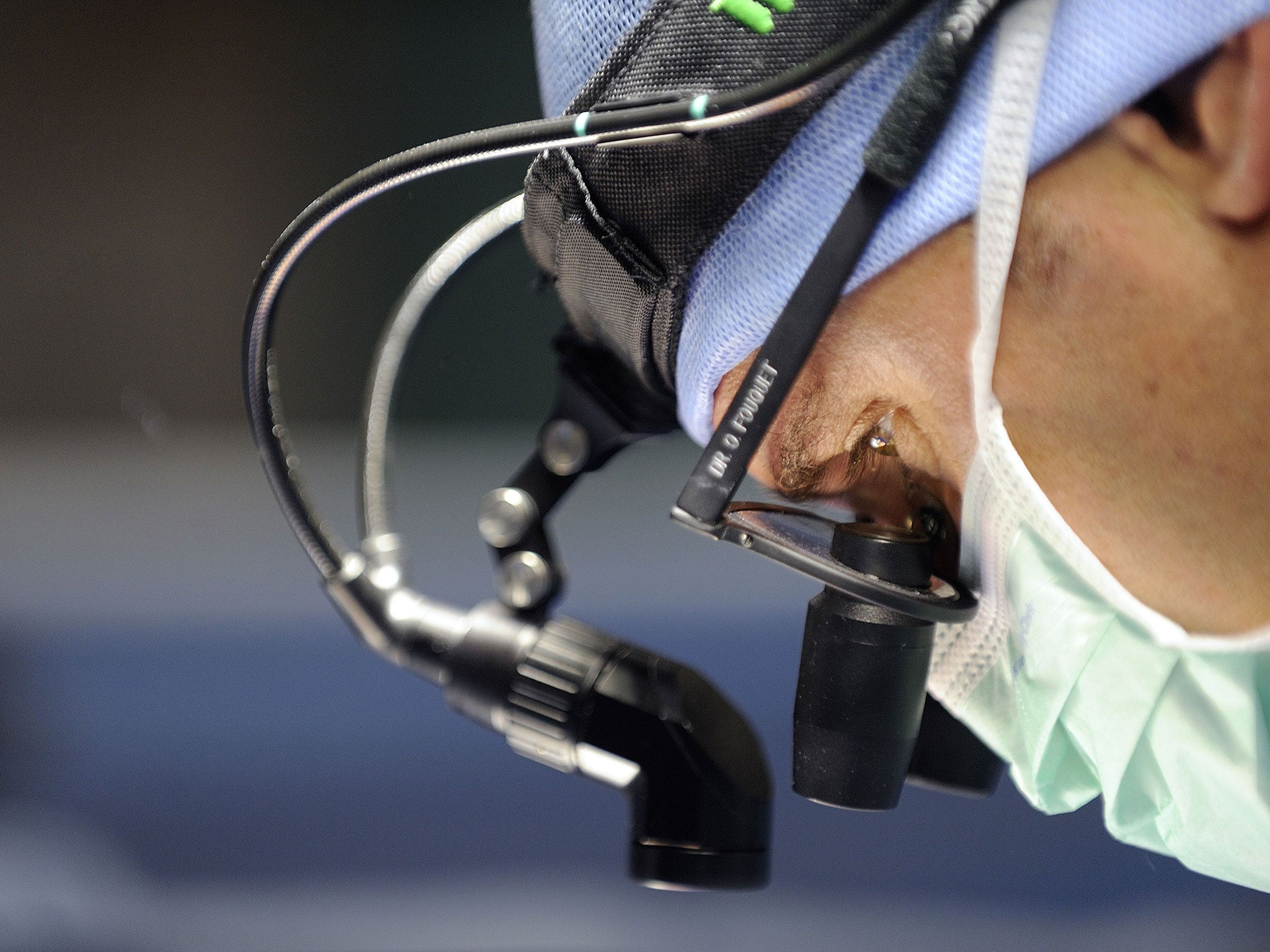Women and low earners 'wait longer for brain tumour diagnoses'
The Brain Tumour Charity called the disparity "worrying"

Women wait longer than men to be diagnosed with brain tumours on average, according to findings a charity has called a “worrying”.
Research by The Brain Tumour Charity has found that female patients who visit the doctor due to concern about symptoms are twice as likely as men to wait more than a year to be diagnosed.
The symptoms of a brain tumour include severe and persistent headaches; seizures; nausea; behavioral changes; and progressive weakness or paralysis on one side of the body, according to the NHS.
Almost one in three brain tumour patients consulted a doctor with concerning symptoms over five times before they were diagnosed, according to the report. Almost a quarter, meanwhile, waited over a year.
The document highlighted that of those who waited more than a year, almost 30 per cent of women went undiagnosed for more than a year compared 15 per cent of men.
Researchers also found that people from lower income households of less than £20,000 a year were more likely to wait longer than those earning above £40,000.
More than one in three women saw a doctor more than five times before their diagnosis compared to 23.4 per cent of men.
Women also made up 10 per cent of cases who waited over five years, compared with 5.8 per cent of men.
In order to compile their findings, the charity assessed the cases of 1,000 people who had been diagnosed with a brain tumour.
Of those who took part in the study, 29 per cent felt their diagnoses had been dealt with unsatisfactorily.
Carol Rutherford, from Flitwick in Bedfordshire, visited her GP five time before she was diagnosed with a brain tumour.
She told The Guardian that doctors said: “No, you don’t need a brain scan, you’re just really tired,”
However, she later collapsed and it was revealed that she had a brain tumour the size of a fist.
“I am very, very lucky to have made a full recovery,” she said.
Sarah Lindsell, chief executive of The Brain Tumour Charity - which published the report, said: “Our report shows that overall, people with brain tumour symptoms often struggle to secure a diagnosis and we will continue our drive to address that problem.
"However, it appears that women tend to face a more difficult path than men when they seek help for brain tumour symptoms. It is a worrying disparity and one that deserves further investigation."
Ms Lindsell added: "Our findings show that more can be done to ensure brain tumour patients are treated with sensitivity and compassion at every stage.
"Even within the constraints facing the NHS, it should be possible for healthcare professionals and policymakers to build on existing good practice and improve the services offered to those diagnosed with this devastating disease."
Additional reporting by PA
Join our commenting forum
Join thought-provoking conversations, follow other Independent readers and see their replies
Comments